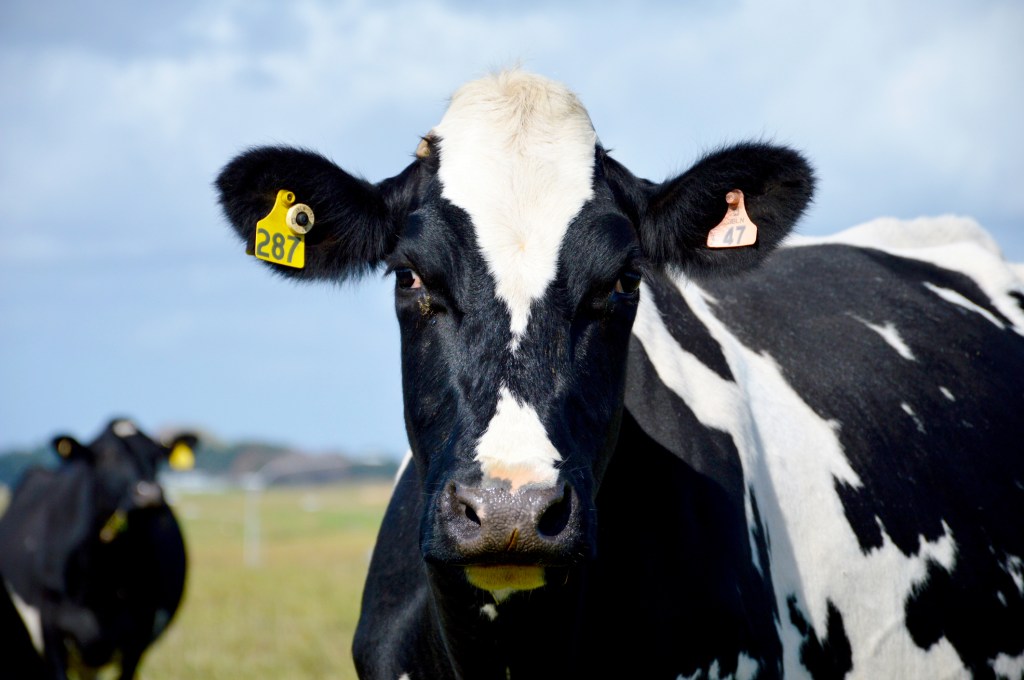Denmark has become the first country in the world to introduce a carbon emissions tax on livestock.
The country announced in a news release at the end of June that its coalition government had agreed to place new levies on livestock starting from 2030. The agreement will require dairy farmers in Denmark to pay an annual tax of 672 krone ($62 USD) per cow for the greenhouse gasses (GHG) that the animals produce.
Denmark’s agricultural industry makes up the country’s largest source of emissions, the country being a major dairy and pork exporter.
“With today’s agreement, we are investing billions in the biggest transformation of the Danish landscape in recent times,” Foreign Minister Lars Lokke Rasmussen said. “At the same time, we will be the first country in the world with a (carbon) tax on agriculture.”

While the Danish dairy industry has generally welcomed the agreement, the livestock emissions tax has drawn the ire of some farmers. That’s only a few months after farmers across Europe held protests against similar environmental regulations along with other issues such as excessive red tape.
Sweden and Germany are among the countries considering a similar carbon tax on livestock emissions.
Beyond the carbon tax, the Denmark coalition’s agreement also includes investing 40 billion krone (USD $3.7 billion) in other environmental initiatives such as reforestation and establishing wetlands.
According to the United Nations’ Food and Agriculture Organization, livestock farming accounted for roughly 12% of global emissions in 2015.
To stay up-to-date on the latest industry headlines, sign up to Future Alternative’s enewsletter.
Posted on:


